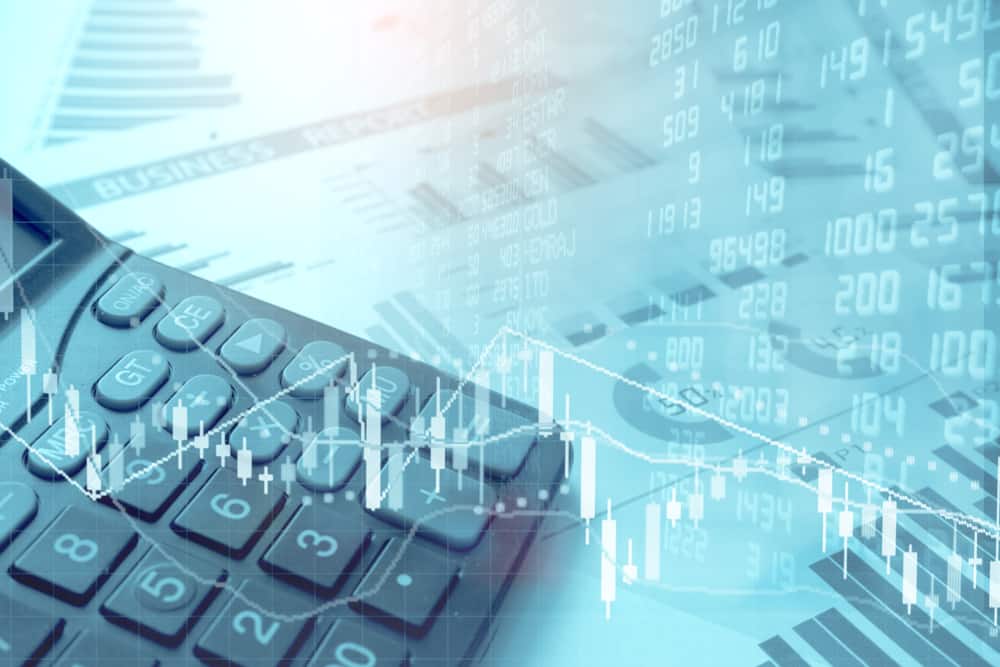Learn more about what assets are in UK accounting with our informative article. Discover why they’re important and enhance your accounting understanding.
What Is An Asset?

In accounting, an asset refers to a resource that is owned or controlled by a company and has economic value. Assets are typically obtained or created to generate revenue for the business. Additionally, they are usually split into tangible and intangible assets.
Tangible assets are physical items like cash, inventory, buildings, machinery, and equipment. Intangible assets lack physical existence and are more difficult to quantify. These may include things like patents, copyrights, intellectual property, and brand names.
Assets are recorded on a company’s balance sheet, which is one of the primary financial statements. Usually, the balance sheet provides a snapshot of a company’s financial position at a specific point in time. It also presents the company’s liabilities and shareholders’ equity.
Additionally, business assets are typically categorized into current assets, which are expected to be used or converted to cash within one year, and non-current or fixed assets. Non-current or fixed assets are long-term assets that are expected to provide economic benefits beyond one year.
It’s important to note that assets are recorded at their historical cost or fair value, and their value may change over time. This happens because of factors like depreciation, amortization, impairment, or appreciation.
Types Of Assets
There are several different types of assets that are important in accounting. We’ve already touched on some of these:
Current assets
Current assets are those that are expected to be used up, sold, or converted into cash within one year or the operating cycle of a business.
Common examples of these assets include cash equivalents, accounts receivable, inventory, and short-term investments.
Fixed assets
Fixed assets, also known as long-term assets or non-current assets, are resources that are expected to be used by a company for more than one year.
Non-current assets are not easily converted into cash and are usually subject to depreciation, which is a gradual decrease in value over time. They may also be subject to amortization, which refers to spreading the cost of intangible assets over their useful life.
Some examples of fixed assets include buildings, land, machinery, and vehicles.
Tangible assets
Tangible assets are those that have a physical existence and can be touched or seen. These types of assets can include both non-current and current assets.
Intangible assets
Intangible assets represent those that cannot be seen or touched, but that still have economic value for a company. These types of assets are typically recorded at their acquisition cost and may be subject to amortization.
Operating assets
Operating assets are directly involved in a company’s core business operations and are essential to generate revenue and conduct day-to-day business activities.
Operating assets usually include current assets like cash equivalents, accounts receivable, and inventory. However, operating assets may also include non-current assets like vehicles, buildings, or anything else that is used in the production or delivery of goods and services.
Non-operating assets
Non-operating assets are those that are not directly related to a company’s core operations. Rather, non-operating assets are typically investments or assets that are held for reasons other than generating revenue.
Some examples of these assets may include stocks, bonds, or real estate.
How Assets Are Valued And Used
How are assets valued in accounting?
Assets are typically recorded on companies’ balance sheets at their historical cost, which is the original price that was paid for acquiring them. However, certain assets, like marketable securities or investments, may be valued at their fair market value.
How are assets used in financial analysis?
Assets are used in financial analysis to calculate important ratios like the current ratio and return on assets (ROA). Analysts examine the composition and value of a company’s assets to assess its liquidity, solvency, and overall financial health.
Final Thoughts
Assets are an essential concept in accounting and represent valuable resources that are owned by a company. Their value may fluctuate over time, depending on various factors and are used by accountants to analyze a company’s financial health. Incorrect valuation of assets may affect a company’s net worth, so hiring a professional accountant is advisable.
References
https://gocardless.com/guides/posts/assets-in-accounting/
https://corporatefinanceinstitute.com/resources/accounting/types-of-assets/
https://www.business.com/articles/assets-in-accounting/